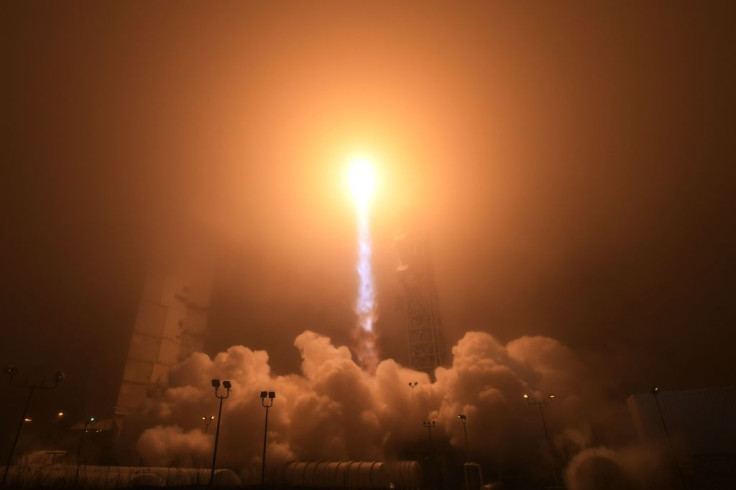Tesla CEO Elon Musk Thinks First Mars Resident Could Be Artificial Intelligence

Billionaire and tech mogul Elon Musk believes that the first settlers on Mars won’t be humans.
The exploration of Mars has been on the books of space agencies and private companies for a long while now. But only probes and rovers have been sent on missions to learn more about the Red Planet so far.
So, when the Tesla CEO was asked on Twitter about his thoughts on artificial intelligence being the first Martian, Musk replied with a simple “30 [percent].”
30%
— Elon Musk (@elonmusk) December 27, 2018
Whether the percentage is a conjecture or a calculated answer remains uncertain. But it does show Musk’s belief — and worry — that AI is quickly advancing.
Sending humans to Mars for exploration has always been marred with logistical and health concerns: from travel time and fuel usage to the hazardous Martian atmosphere.
However, these didn’t faze the tech entrepreneur from setting his sights on the barren planet, even declaring there’s a 70 percent chance he’ll go there himself.
Interplanetary travel to Mars is one of Musk’s goals for his space company SpaceX. The company has been developing reusable rockets to make interplanetary missions more sustainable.
Among its projects is the Starship, then-named “Big Falcon Spaceship,” a 55-meter (118m with the rocket booster “Super Heavy”) space ship made to travel to the Moon, Mars and back.
There’s also the Crew Dragon, a capsule aimed to carry astronauts to and fro the International Space Station. It was announced that an unmanned test mission to the ISS will be launched on Jan. 7 this year.
On Earth, on the other hand, Musk has some several game-changing projects. One would be his Boring Company’s project of creating underground tunnels for autonomous driving vehicles.
This was unveiled during a recent event in Hawthorne, California, where they showed a 1.14-mile tunnel below Hawthorne’s 120th Street.
With these tunnels, self-driving cars could travel as fast as 150 miles per hour without worries. The tunnels can also be made without disrupting above-ground structures.
Musk envisions the network of tunnels to become a giant underground highway, with numerous cities already expressing interest in the proposal.
© Copyright IBTimes 2025. All rights reserved.





















